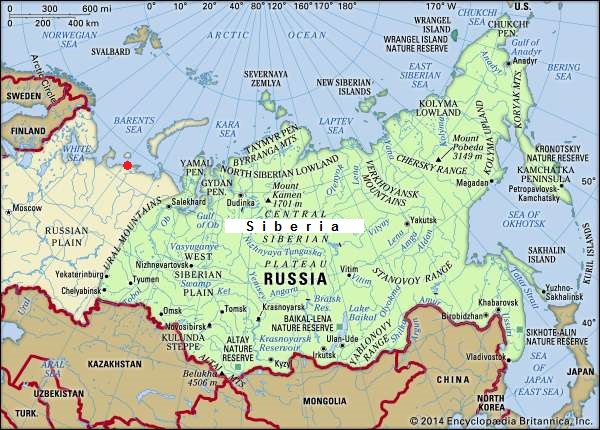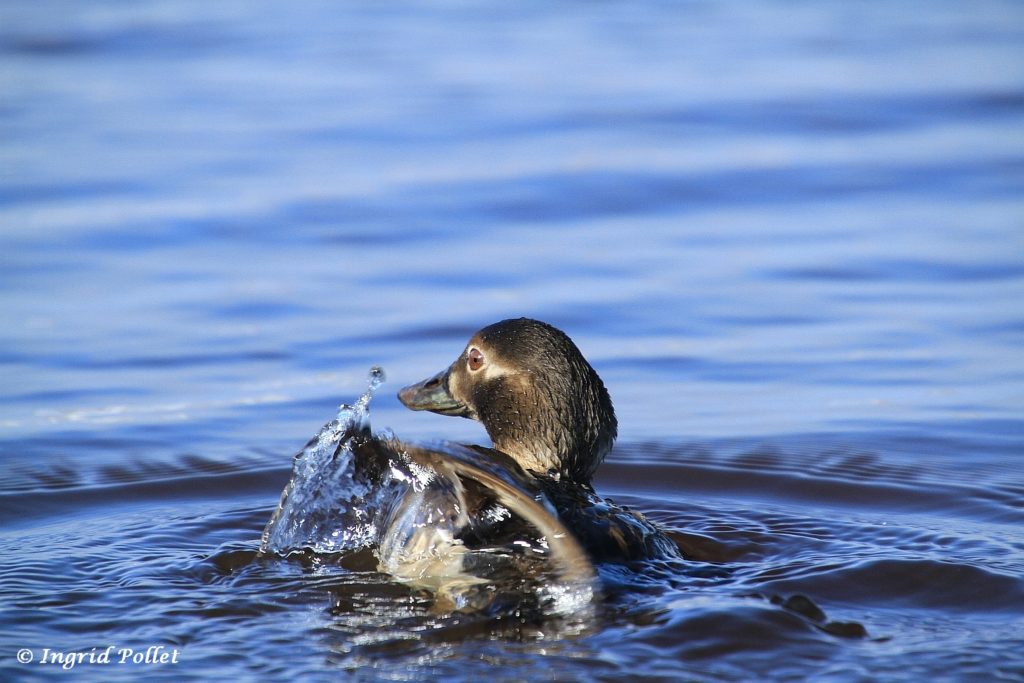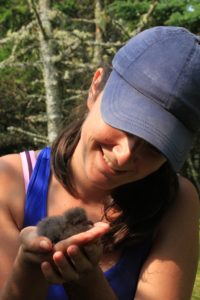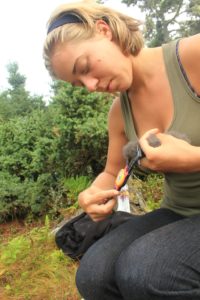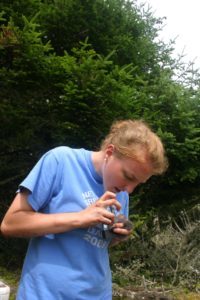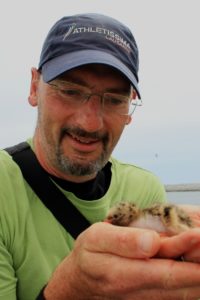I obtained my PhD from Dalhousie University, Halifax, Nova Scotia, Canada. A respectable university, from a country known for its internationally recognized universities. At this point, I should also mention that I fast-tracked to my PhD, hence I never finished my MSc. It is not the norm in North America, but it is an option available to all. I did not think that getting my education acknowledged in other countries would be a problem.
That was until I moved back to Europe and started a post-doc in Germany. The administration of the German University asked me for a proof for my PhD (a copy of the official PhD parchment in addition to an original letter from the University), as well as proof as my income statement for the last ten years. I am a fairly organised person and could get this information with little trouble.
But it wasn’t enough, they also asked me the proof of my MSc, which I could not provide as I did not finish my MSc. They asked for it three times over the course of a month. I replied three times, that I could not provide such documents for the above-mentioned reason. During that time, of course, I wasn’t pay the regular post-doc salary, as they had first to prove that my Canadian PhD was just as good as a German PhD.
After telling them three time that I could not provide my MSc, they asked for my previous diploma, which for me was a technical diploma from 1996!!! They wanted a copy of the original parchment and an official transcript. I obeyed. After three months of debating, they agree that my PhD was worth its German counterpart and my pay-scale was readjusted from the 1st day of my contract.
I then looked into another post-doc, in Italy. Before I was even offered the position, my potential future boss warned me to get the paperwork for the recognition of equivalence between my Canadian PhD and a similar PhD in Italy ahead of time. First, I had to get the parchment translated by a translator affiliated with the Italian Embassy in Canada. Then I had to ship the original parchment to the Canadian consul in France to get it certified as original. I was hesitant to send my original parchment, and sure enough, the French post lost track of my registered-insured mail for about a week, before it magically re-appears.
With the translation and the certification, I could then ship everything to the Italian Embassy in Canada for them to provide me with a declaration of value. Before I got a chance to get to this step, the potential future boss contacted me and mentioned that the Italian government will need to see my MSc. There was no point of applying if I could not provide a MSc.
It’s 2019, but let me tell you, it’s always hard to be a recognized international scientist!
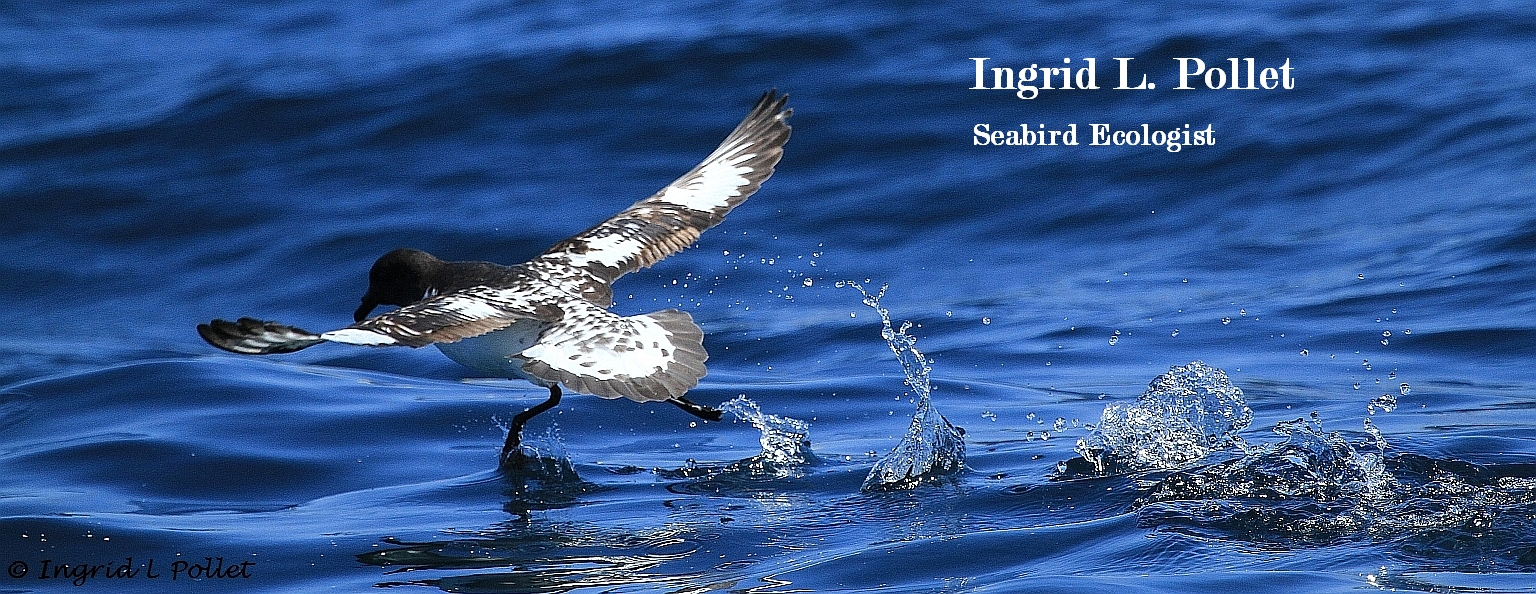
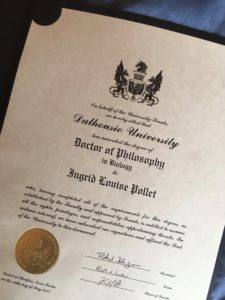
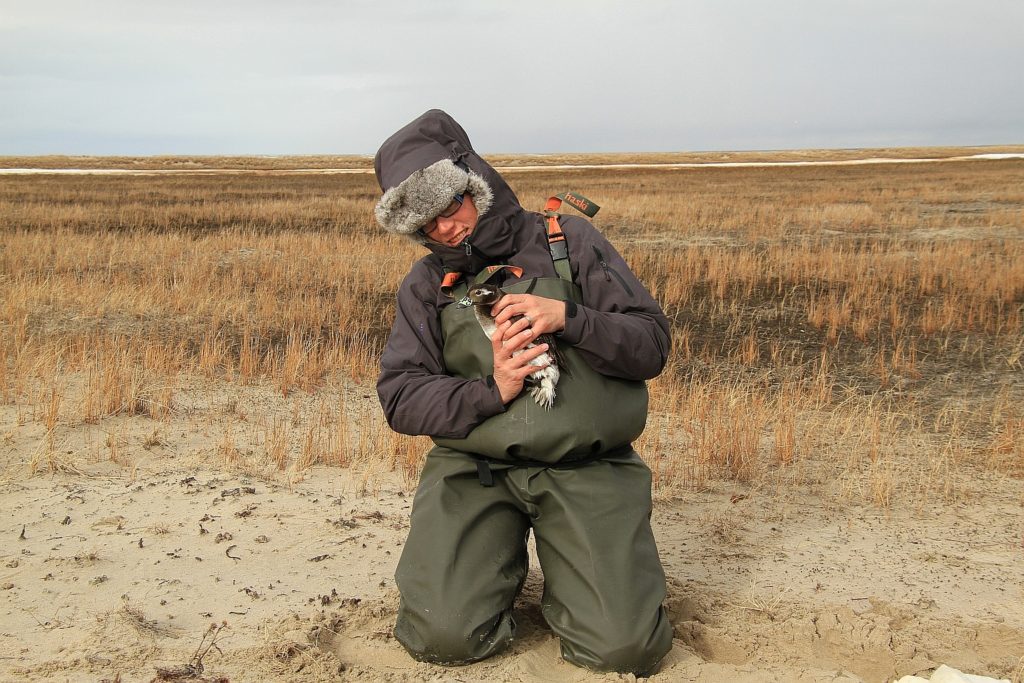 Picture: Thiemo Karwinkel
Picture: Thiemo Karwinkel
